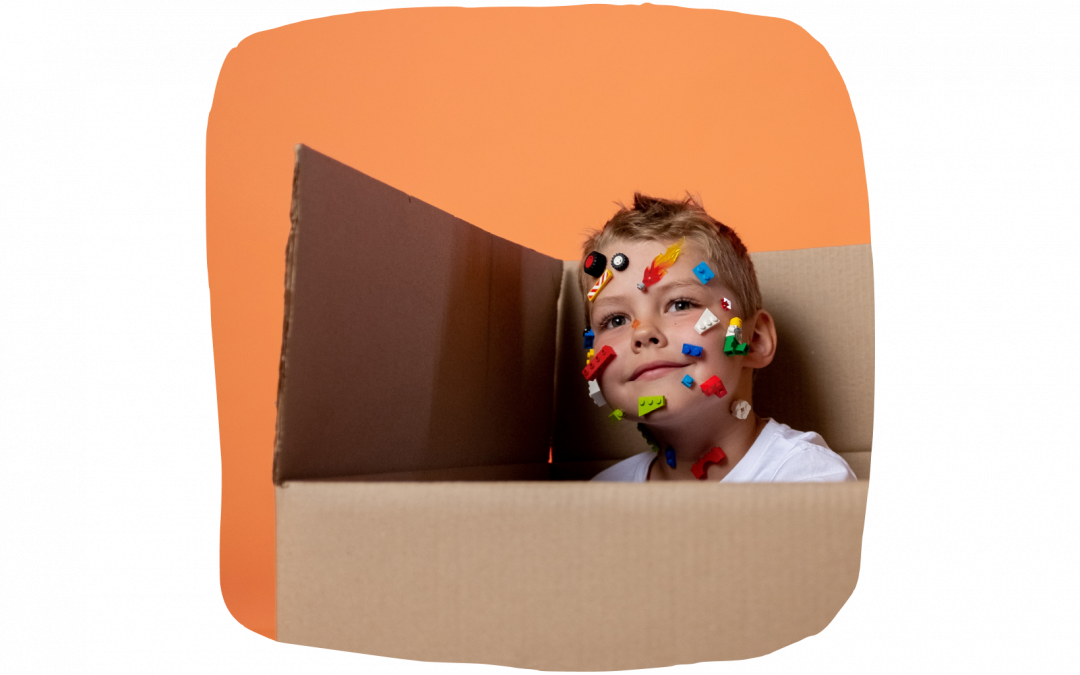Of course, you want your child to be healthy and eat well, but how do you make sure they’re eating right and getting the nutrition they need? While there’s no one-size-fits-all answer, here are a few tips for teaching your child about healthy eating that can help you get started.
Kids learn by example, so make sure you’re eating a healthy diet.
Kids learn by example, so make sure you’re eating a healthy diet. You can’t expect your kids to be eating the healthiest if you’re eating junk food all the time or constantly snacking on chips and cookies. It’s important to set a good example for your children by making it a priority to eat healthy meals, filling your plate with vegetables and fruit, and avoiding processed foods whenever possible.
It’s also crucial that parents don’t feel guilty about not being able to cook elaborate, gourmet meals every night of the week—they should know that they don’t need fancy ingredients or an expensive kitchen appliance in order to prepare nutritious foods for their family members! Instead of stressing over these things, parents should focus on making small changes like swapping out soda for water at home (or even better: sparkling water) as well as purchasing your favourite veggies fresh instead of frozen if possible.
Let kids decide when they’re hungry and how much they want to eat.
- Let your child decide when they’re hungry and how much they want to eat. Don’t force them to eat when they’re not hungry or to eat more than they want. Also, don’t force them to eat less than what their body needs for fuel.
- If you have a picky eater, try not to pressure him or her into eating something that might be disliked just because it’s healthy (or because it’s “good”). Instead of focusing on health benefits, focus on the pleasure of eating delicious foods with friends and family as an activity in itself.
- A great way for kids (and adults) to try new foods is through exposure: let your child see other people enjoying the dish before he/she tries it themselves!
Teach kids what foods are healthy and how the body works.
An important part of teaching kids about healthy eating is teaching them what foods are healthy and how the body works. This can be done through a variety of ways, including conversations at mealtimes or by reading books together.
If you know some good choices for children’s books about food and nutrition, please let us know in the comments.
Try not to use food as a reward or bribe.
- Don’t use food as a reward or bribe. Some parents use food to reward good behavior, but it’s important to remember that children should be praised for their accomplishments and behaviors—not their weight. Praising your child’s behavior will make her feel good about herself and encourage healthy habits in the future, while offering food as a prize can lead down a slippery slope of unhealthy eating habits that may be hard to break later on.
- Don’t use food as punishment. Punishing your child by taking away dessert or not letting them have any treats when they’re having a bad day will only lead them to associate those foods with negative feelings, which can cause them to develop unhealthy relationships with food throughout life (and possibly even develop eating disorders).
- Don’t use food as a way to distract from other issues at home or school: You may think it’s easier on everyone if you offer your child extra cookies after school because then he won’t ask questions about why his friend wasn’t invited over anymore; but this will only hurt him more in the long run because he won’t understand why things aren’t always so great at home either! It might seem like you’re making things easier now by distracting him with sweets—but trust us: There are better ways!
- Don’t use food as comfort or soothe an unhappy situation: If your little one is feeling sad or lonely after losing an argument with their brother over who gets dessert first tonight (which happened once), don’t try offering something sweet like ice cream since this would just make everything worse due
Pay attention to the way you talk about eating, weight and food.
- Avoid using food as a reward or bribe.
- Don’t put your child on a diet.
- Avoid comparing your child with others.
- Don’t use food as a punishment, either by restricting it or by overfeeding them (also known as “rewarding” the misbehavior). This can lead to eating disorders later in life, including anorexia nervosa and bulimia nervosa—which are serious conditions that require medical attention if left untreated for too long!
Avoid comparing your child with others or putting your child on a diet.
Avoid comparing your child with others or putting your child on a diet.
When you compare your child to other children and make negative comments about their weight, this can lead to an unhealthy relationship with food. For example: “You’re too fat! You need to go on a diet.”
Putting a child on a diet is not only unhealthy for the body, but it can also cause emotional issues long term. Children who have been put on diets may suffer from low self-esteem and depression as they grow up.
Teach children about healthy eating by modelling healthy eating habits and talking about food in positive ways, rather than focusing on diets or weight gain.
- Model healthy eating habits. Children learn what they see, so it’s important that you do your best to model a healthy and happy relationship with food. If you’re always snacking on chips, cookies, and candy, chances are your children will too.
- Talk about food in positive ways. You can help kids understand why eating healthy is important by talking about the benefits of making nutritious choices instead of focusing on weight gain or “bad” foods. For example: “Eating vegetables will give you lots of vitamins and minerals.”
- Don’t use food as a reward or bribe. Try not to make food into an incentive for good behavior if at all possible—this can be problematic when kids develop unhealthy relationships with food later on in life!
When it comes to raising healthy kids, we know there’s no one-size-fits-all approach. But with these tips, you can help your child understand why healthy eating is important, and build lifelong habits that will set him or her up for success.







0 Comments